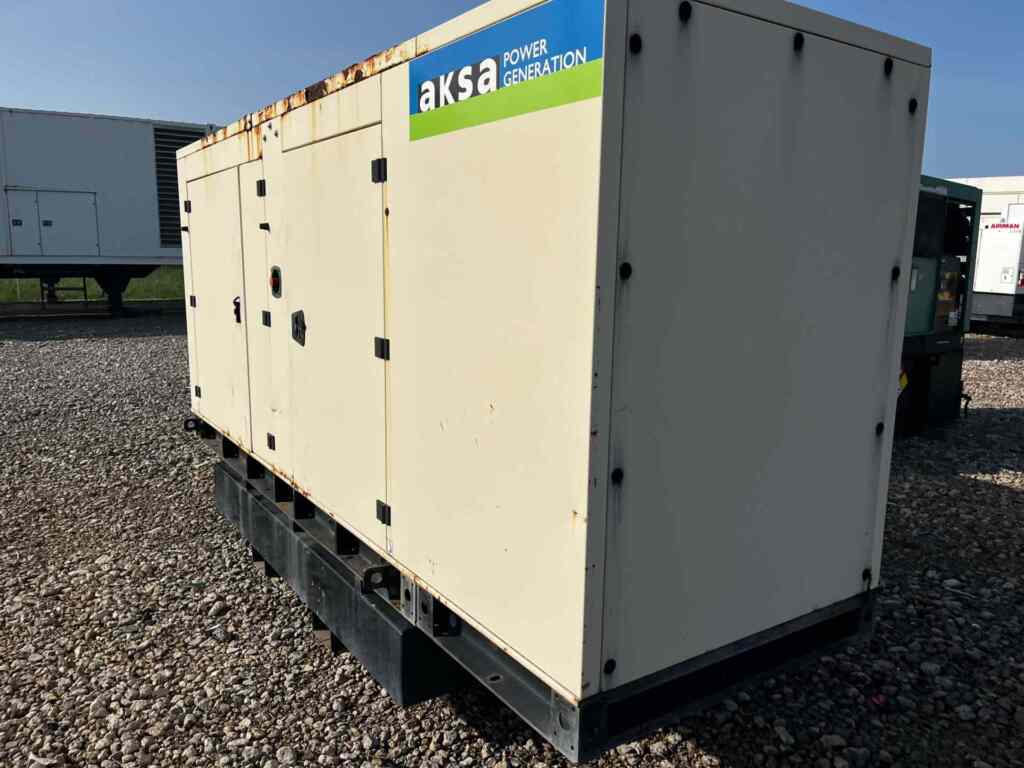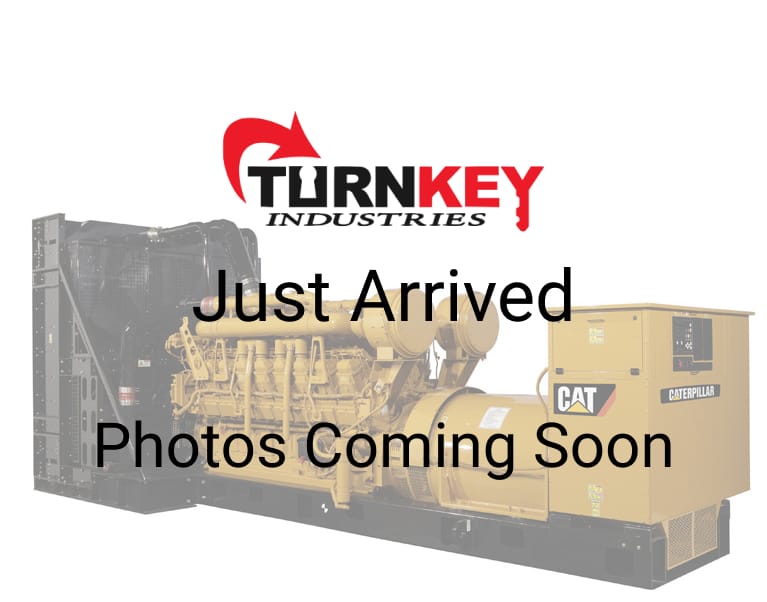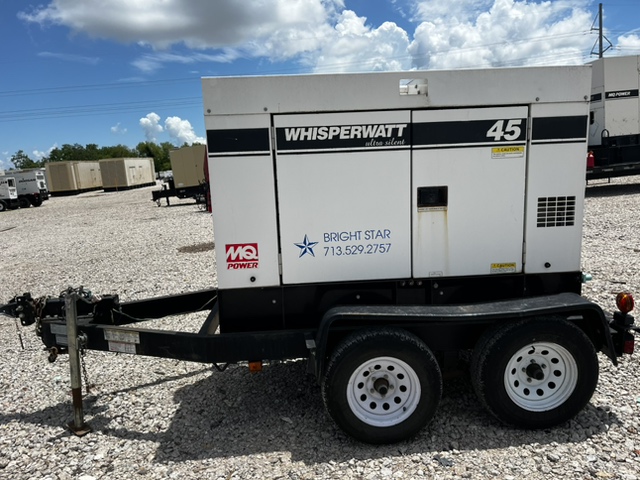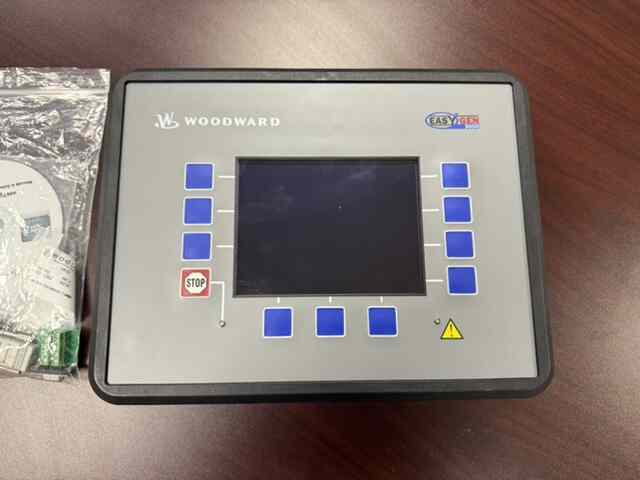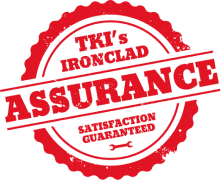Being a good business owner means that one of your top priorities should be evaluating your current circumstances in order to make the best possible decisions for the future of your company. When thinking about scaling up or extending your business’ reach, productivity becomes one of the most important factors to consider. Increasing your team’s productivity while keeping costs low is a desirable goal. However, that doesn’t mean you shouldn’t spend money. Rather, it means that you will need to make intentional investment decisions that boost long-term ROI and team morale. One of the easiest ways to do this is to invest in a commercial generator, which will protect your business, your employees, and your bottom line.
How A Commercial Generator Can Boost Your Bottom Line
No business wants to shut down its operations during an unforeseen power outage. Unfortunately, for many brick-and-mortar operations, this is exactly what happens when their storefront loses power and they don’t have a diesel generator installed for back up. Blackouts also can cause additional problems, including safety issues, security risks, IT challenges, and the loss of customer trust. These problems can all be avoided with a properly installed and maintained commercial generator. The ROI on commercial generators can be huge, considering the loss of power from a storm, fire, or human error most often results in significant revenue loss for businesses. Diesel generators will boost your bottom line by keeping your business open all year long.
5 Key Factors To Consider When Purchasing a Diesel Generator
Adding a commercial generator to your property will protect your building as well as your bottom line. No matter what business you are in or what service you provide, you cannot operate without electricity. Installing a diesel generator guarantees that your operation can remain online when others are shut down. However, commercial generators can be a considerable upfront investment. In order to make sure you are buying the correct model, keep in mind these five key factors:
- How much power do you really need? Before you buy a generator, you will need to determine how much power your business needs to conduct normal business operations. By calculating the wattage you use during an average month, you will be able to decide which generator will keep your business running during a power outage. Once you calculate your annual usage, add 25 percent to give yourself some reserve. And, always seek the opinion of an expert before you purchase.
- Keep in mind machinery tolerances. Commercial generators are designed with automatic voltage regulation. This safety feature makes sure that power delivery remains at a constant flow during any surges or input dips the grid may experience. The equipment your business uses has various tolerances for input voltage dips. When deciding on a generator, make sure it is large enough to handle the maximum allowable voltage drop of your equipment.
- Environment and generator performance. Each generator is designed to function at its optimal level in a specific environment. Factors such as altitude, ambient temperature, humidity, and proximity to your building can affect a generator’s performance. Make sure you purchase a generator that will work with your space so that its power output is not compromised.
- Generator fuel type. There are a variety of commercial generators on the market today that are powered by different fuels. Diesel fuel is one of the most popular fuel types and is the most efficient, allowing generators to run in winter conditions. Gasoline is an affordable fuel, but it can be scarce during emergencies when demand is high. Installing a generator powered by natural gas depends on whether or not your business has a natural gas line available. Propane as a fuel source has some benefits but is often cost-prohibitive to a smaller operation. Finally, generators that have a dual fuel source of both diesel and natural gas provide a business with a backup option if one fuel source fails.
- All generators make noise to some extent – that’s an unavoidable fact. The noise can sometimes be reduced by using a high-quality muffler on the generator’s exhaust system, but it cannot be eliminated completely. Consider your business’ location and local noise ordinances when you are looking at different generator models.
Keep Your Business Online When The Power Grid Is Offline
Many areas of the country are experiencing increased power outages due to summer rain storms or winter ice storms. Having a diesel generator or other commercial generator during these outages can keep your business up and running. It can also mean the difference between productivity and hours and hours of wasted time for both you and your team. Commercial generators do require an initial investment, but the ROI over time will more than make up for the cost and will help you power up your business while leaving competitors in the dark.
 Turnkey Industries offers a variety of high-capacity
Turnkey Industries offers a variety of high-capacity 